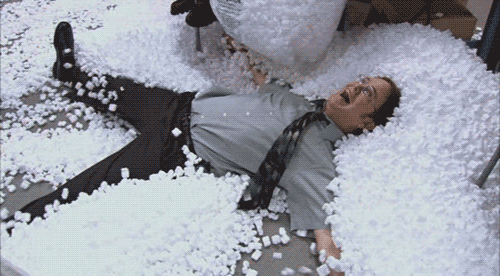

After the Storm Blows Over: Assessing HVAC Flood Damage
Conventional wisdom by HVAC experts dictates replacing an HVAC system after damage from a flood. But conventional wisdom doesn’t know...


“You're hot then you're cold, You're yes then you're no, You're in then you'
An old, temperamental heating and cooling system can be a pain in the neck on so many levels. It’s inherently inefficient which puts a...

Rake Leaves, Check. Clean Gutters, Check. Central A.C. TLC, Check (or should be).
Now that Autumn is in full swing, and crisp, cooler temps are the norm it’s time to devote some TLC to your air conditioner. In less than...

“Heatless in Seattle” or How to Avoid a Furnace Breakdown This Winter
Take a second and mentally fast-forward to that first prolonged cold front that will arrive in your area. It’s inevitable. And it’s not...

